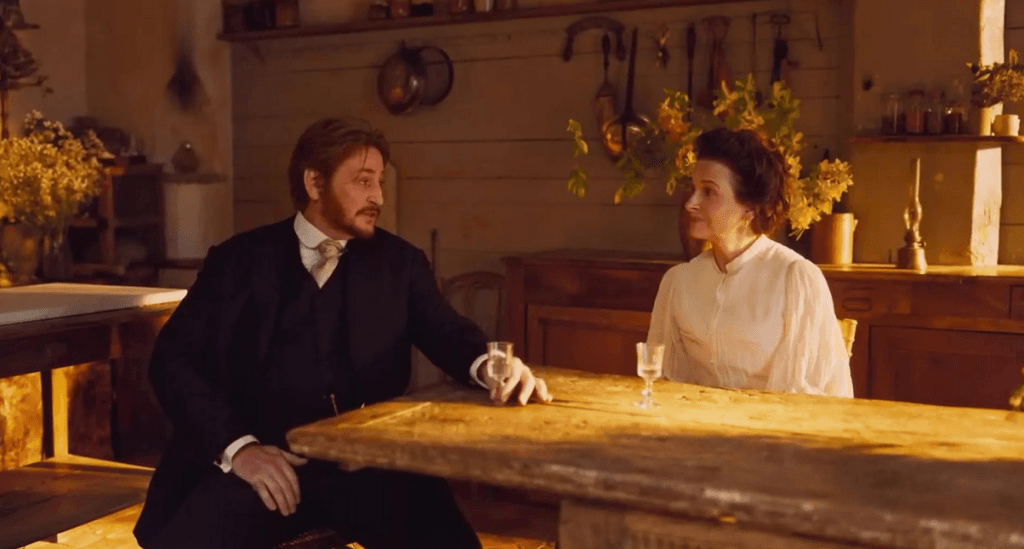NR | 2h 15m | Drama, Romance, Food, Cooking, Gastronomy | 15 December 2023 (France)
The connection between romance and dining is as old as humanity itself, yet it is surprising how relatively few feature films blend them equally.

The connection between romance and dining is as old as humanity itself, yet it is surprising how relatively few feature films blend them equally.